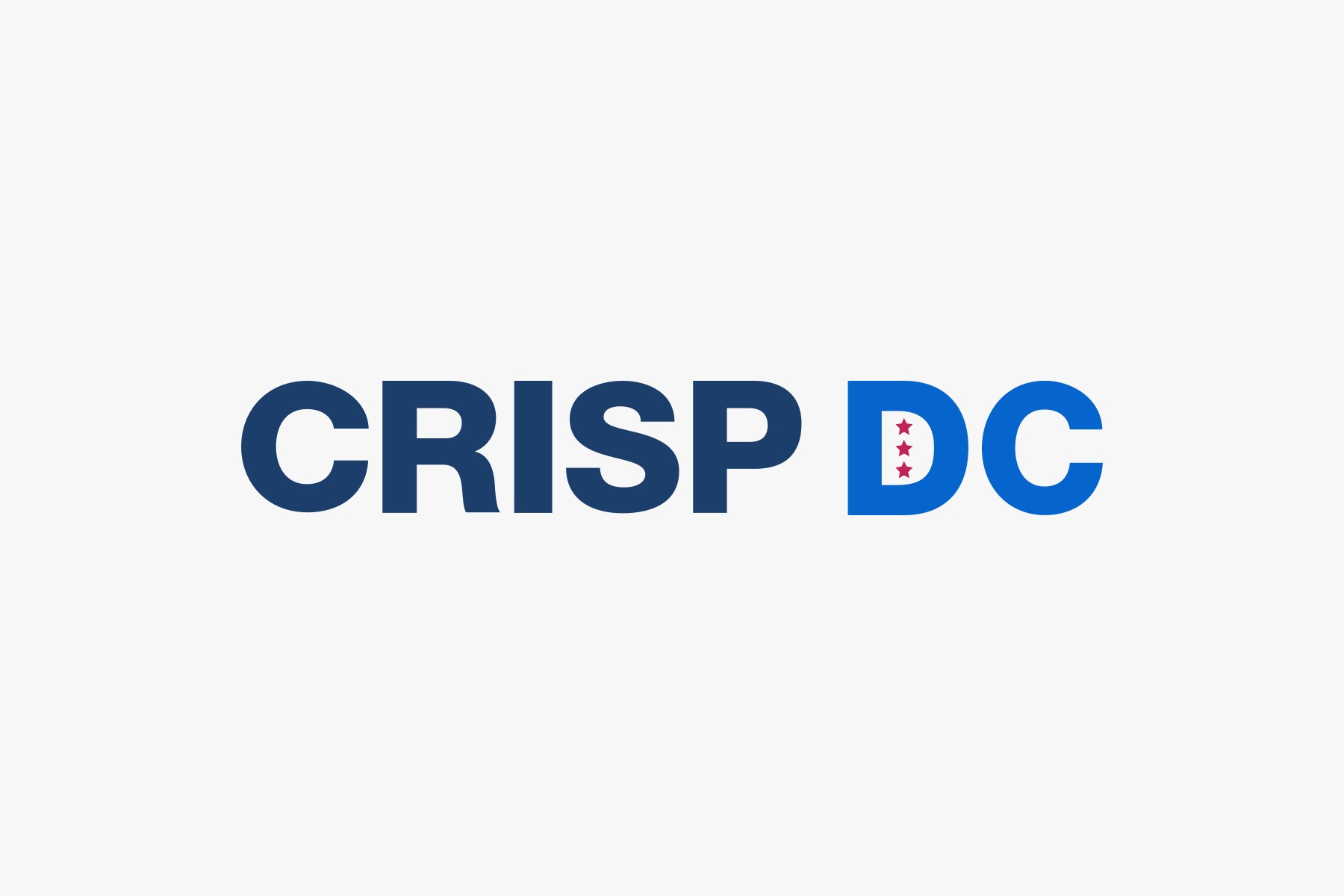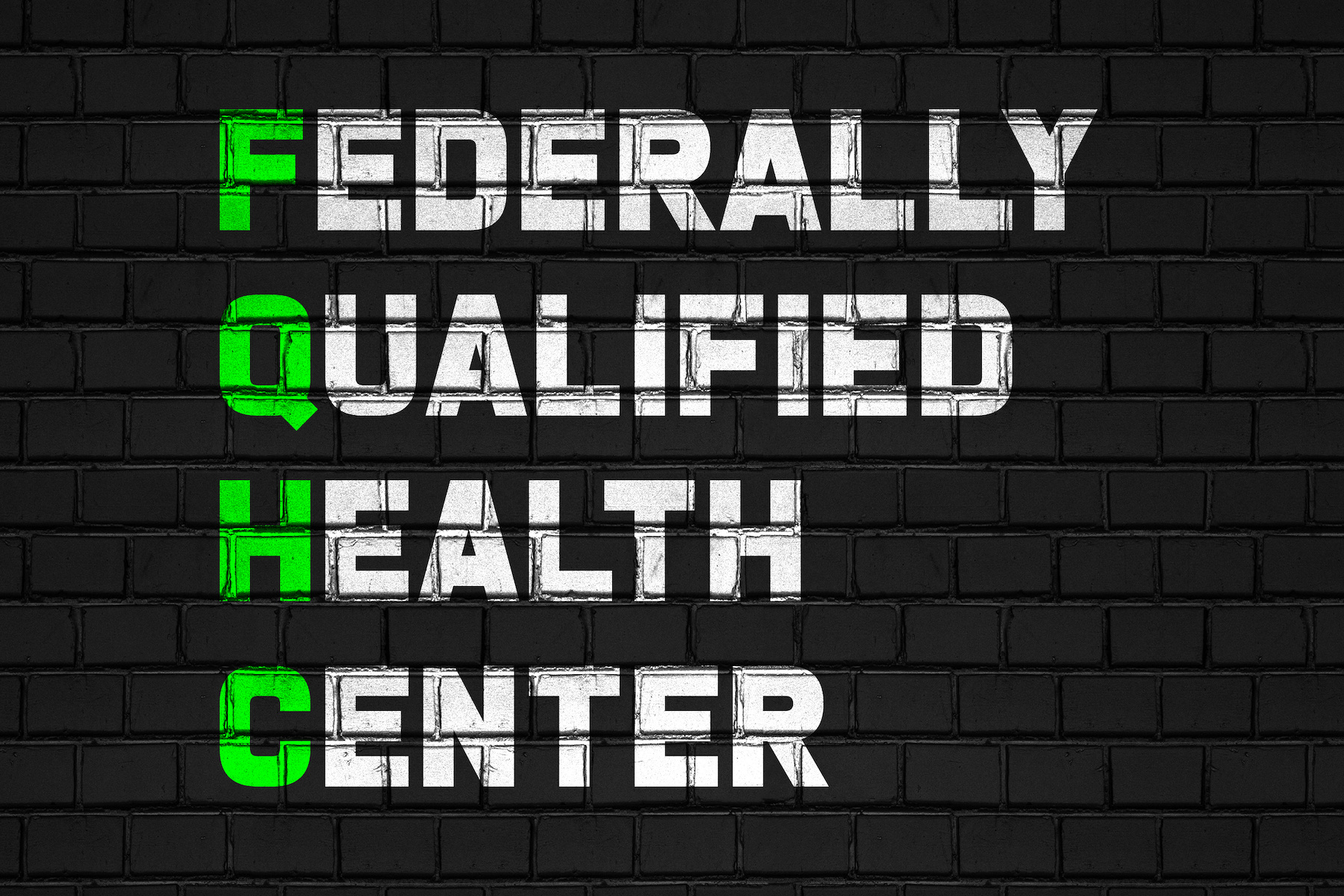CRISP DC – Consent Tool
CRISP DC is excited to share that patients may now consent to share their substance abuse disorder (SUD) data via the CRISP DC consent tool. This webinar will educate clinicians about the uses of the consent tool and how it can be used to improve care coordination throughout the District.






